Why is the Grenfell inquiry being delayed?
Judge says second phase ‘unlikely’ to start before the end of next year, in ‘bitter blow’ to campaigners
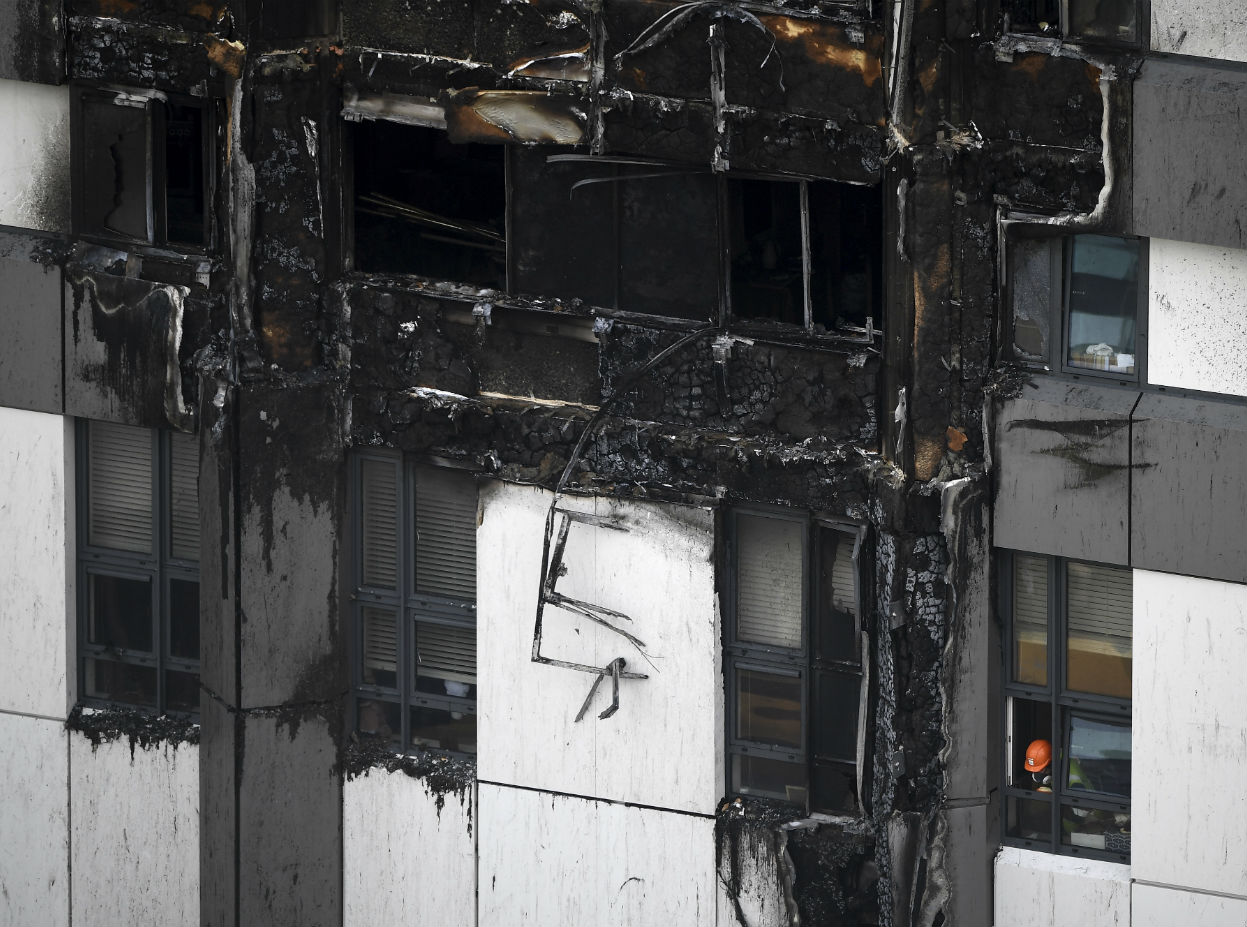
A free daily email with the biggest news stories of the day – and the best features from TheWeek.com
You are now subscribed
Your newsletter sign-up was successful
The second phase of the inquiry into the devastating fire at Grenfell Tower has been delayed until the end of 2019, and could be pushed back further still, the judge leading the inquiry has announced.
Speaking earlier this week at the end of the inquiry’s first phase, Sir Martin Moore-Bick said: “Given the scale of the preparations that have to be carried out, I think it is unlikely that it will be possible to start phase two hearings before the end of next year.”
The news will come as a “bitter blow” for families and campaigners seeking justice for the 72 people who died as a result of the blaze at the west London tower block in June 2017, says Channel 4 News.
The Week
Escape your echo chamber. Get the facts behind the news, plus analysis from multiple perspectives.

Sign up for The Week's Free Newsletters
From our morning news briefing to a weekly Good News Newsletter, get the best of The Week delivered directly to your inbox.
From our morning news briefing to a weekly Good News Newsletter, get the best of The Week delivered directly to your inbox.
In an article for The Guardian, Seraphima Kennedy, a former neighbourhood officer at the Kensington and Chelsea Tenancy Management Organisation, agrees that the long delay “only adds to the trauma”.
“No one doubts the scale of the challenge, or the meticulousness of the judge,” she says. “There is concern, however, about the time frame, and about attempts by corporate core participants to obfuscate and shift the blame, rather than engaging honestly with the processes of the inquiry.”
But Moore-Bick insisted that the reasons for the delay are genuine and insurmountable, claiming that there are still more than 200,000 documents that “need to be reviewed, redacted and digested” before a new phase can start.
In addition, every individual hearing into the death of each victim needs to “satisfy the needs of the European convention on human rights”, reports The Guardian.
A free daily email with the biggest news stories of the day – and the best features from TheWeek.com
Coroners inquests into all of those who died have been opened and adjourned, which is “standard practice when other investigations are going on”, the newspaper continues. “But the inquiry has heard considerable evidence and that will be gathered in special hearings before the start of the second stage.”
Moore-Bick stated that “careful and detailed preparation which enables us to focus on the aspects of the programme that are of real significance should make it possible to ensure that the proceedings, once begun, can be completed within a reasonable time”. An interim report will be produced “as soon as possible, having regard to the volume of material that has to be digested”, he added.
Allegations of obstructionism by the corporate entities under scrutiny in the inquiry have also surfaced in recent weeks. The Guardian’s social affairs correspondent Robert Booth wrote this week that the final stages of the first phase of the inquiry were “marked by blame-shifting from many of the companies who worked on the refurbishment”.
Booth notes that there has been “frustration at corporate attempts to delay Moore-Bick from issuing conclusions about aspects of building safety”, with firms seeking to limit the judge’s recommendations before further evidence is heard.
In a closing statement at the inquiry’s first phase, Pete Weatherby QC said: “The reason some public inquiries and iconic inquests have taken so long isn’t because of complicated subject matter, it’s because of an inability or unwillingness to confront this endemic lack of institutional or corporate candour.”
Moore-Bick also announced that the inquiry team is in the process of securing a venue in west London at which to hold the hearings, after the bereaved, survivors and city mayor Sadiq Khan all raised concerns about the current central London space.
The London Evening Standard reports that survivors and relatives “have said they have struggled to get to the venue and do not feel it is laid out with them at the heart of proceedings”.
Moore-Bick said: “I am pleased to tell you that we have found some premises in west London which have recently become available and which would provide us with what we need, involving a large hearing room.”
A spokesperson for campaign group Grenfell United praised the decision to move venues, saying: “The survivors and bereaved should always be at the heart of this inquiry and holding it close to our community will mean that more of us will be able to take part and attend.”
-
 How the FCC’s ‘equal time’ rule works
How the FCC’s ‘equal time’ rule worksIn the Spotlight The law is at the heart of the Colbert-CBS conflict
-
 What is the endgame in the DHS shutdown?
What is the endgame in the DHS shutdown?Today’s Big Question Democrats want to rein in ICE’s immigration crackdown
-
 ‘Poor time management isn’t just an inconvenience’
‘Poor time management isn’t just an inconvenience’Instant Opinion Opinion, comment and editorials of the day
-
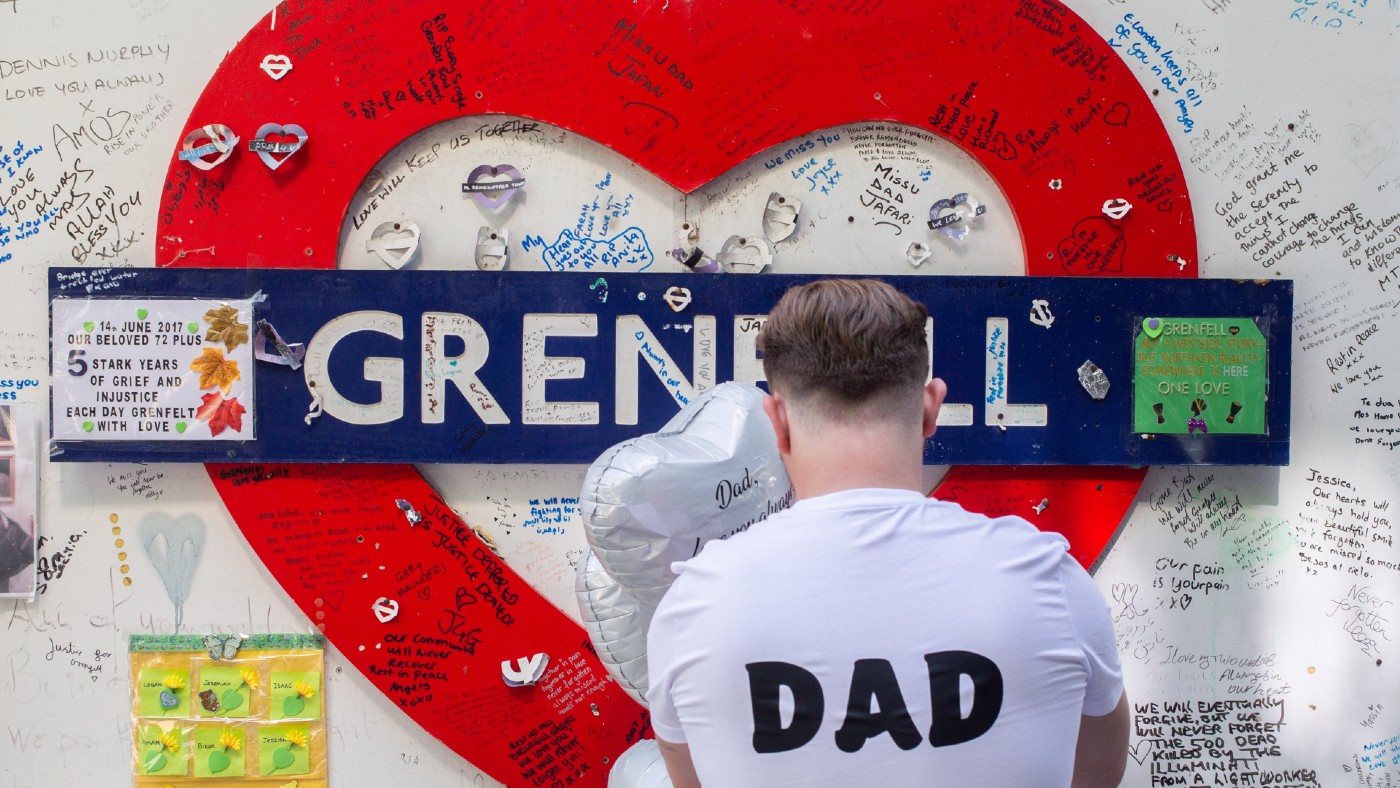 What next after the four-year Grenfell fire inquiry ends?
What next after the four-year Grenfell fire inquiry ends?feature Final ruling not expected until next year when police will decide on criminal charges
-
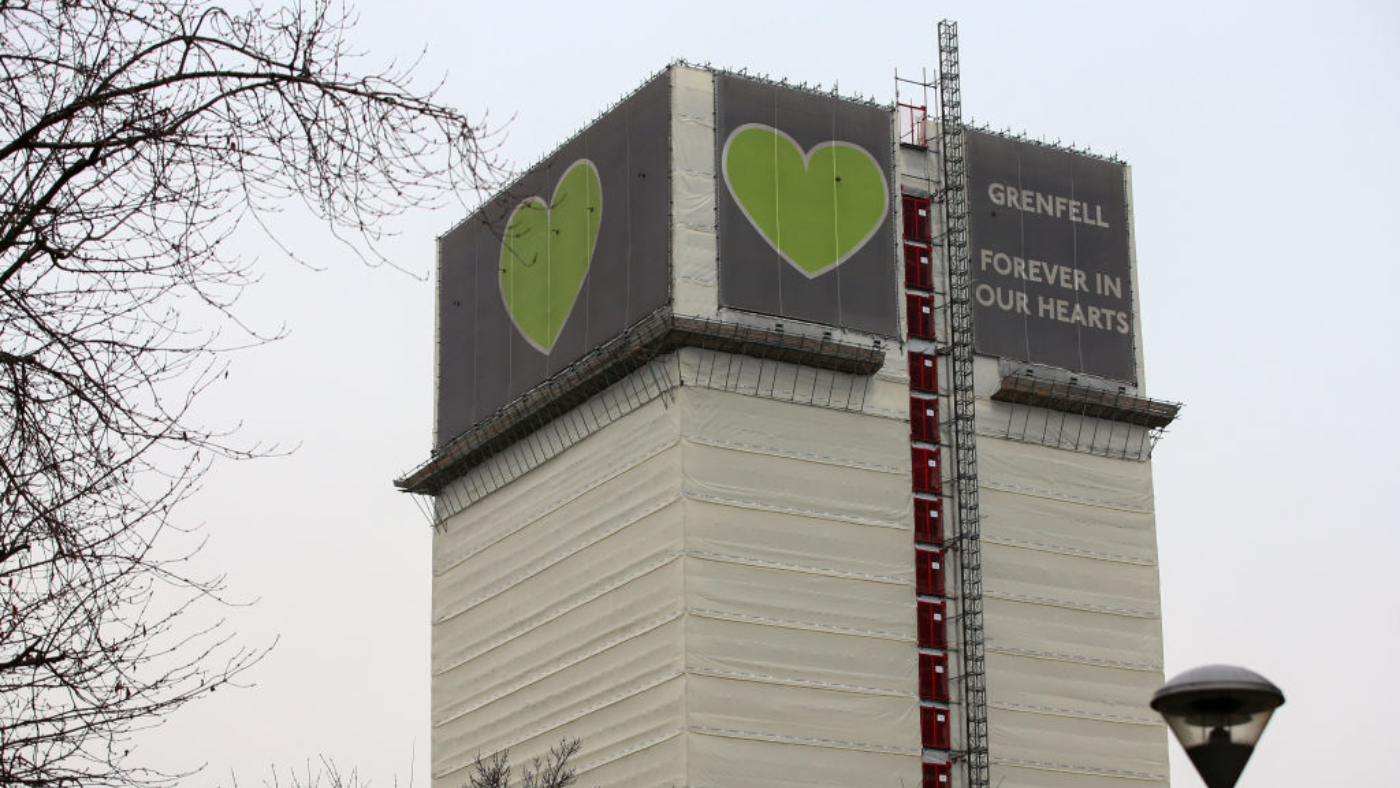 ‘The trauma of the Grenfell bereaved is made worse by a lack of finality’
‘The trauma of the Grenfell bereaved is made worse by a lack of finality’Instant Opinion Your digest of analysis from the British and international press
-
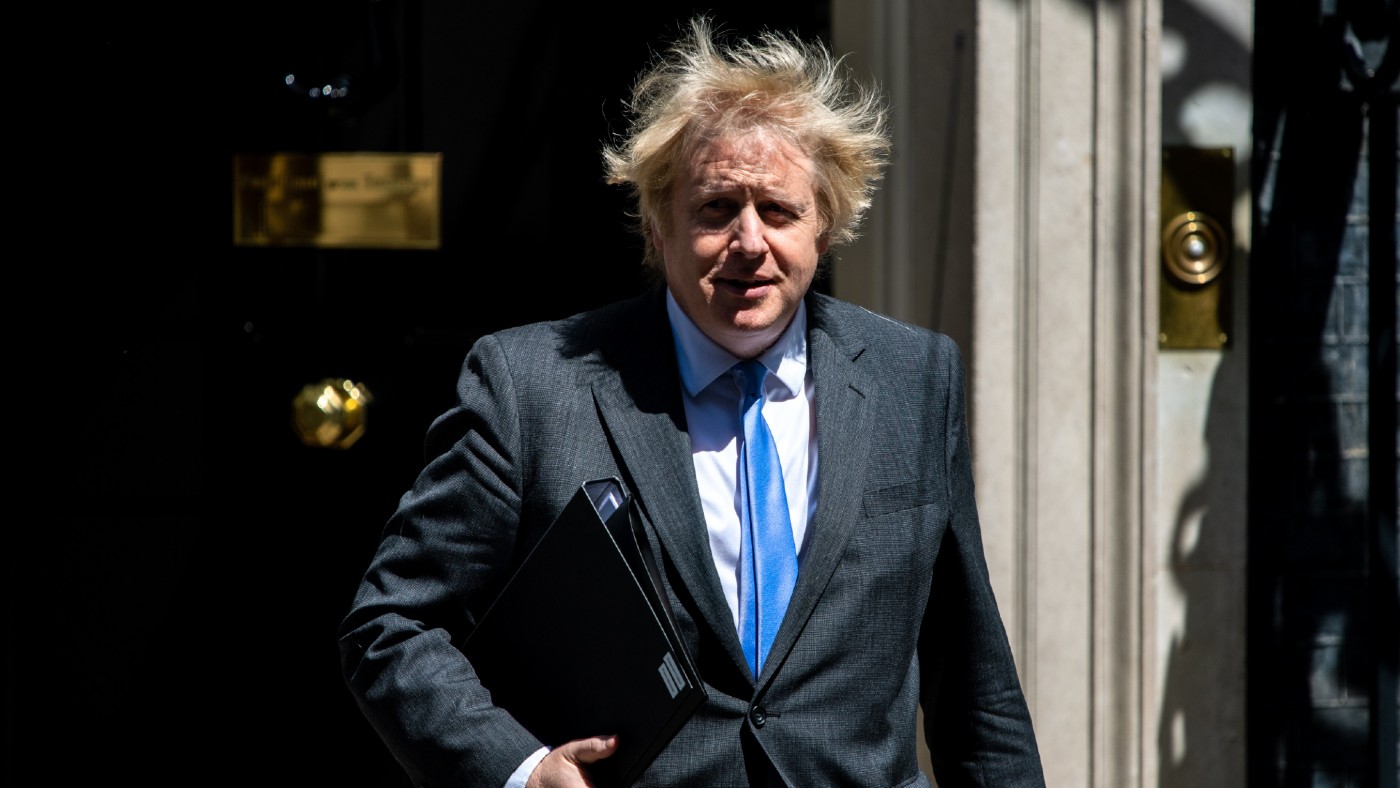 ‘The Tories will stick with the devil they know’
‘The Tories will stick with the devil they know’Instant Opinion Your digest of analysis from the British and international press
-
 The Week Unwrapped: Seeing stars, prescribing comedy and decriminalising drugs
The Week Unwrapped: Seeing stars, prescribing comedy and decriminalising drugspodcast What will the James Webb Telescope accomplish? Why is the NHS sending people to comedy courses? And are drugs laws about to change in the British capital?
-
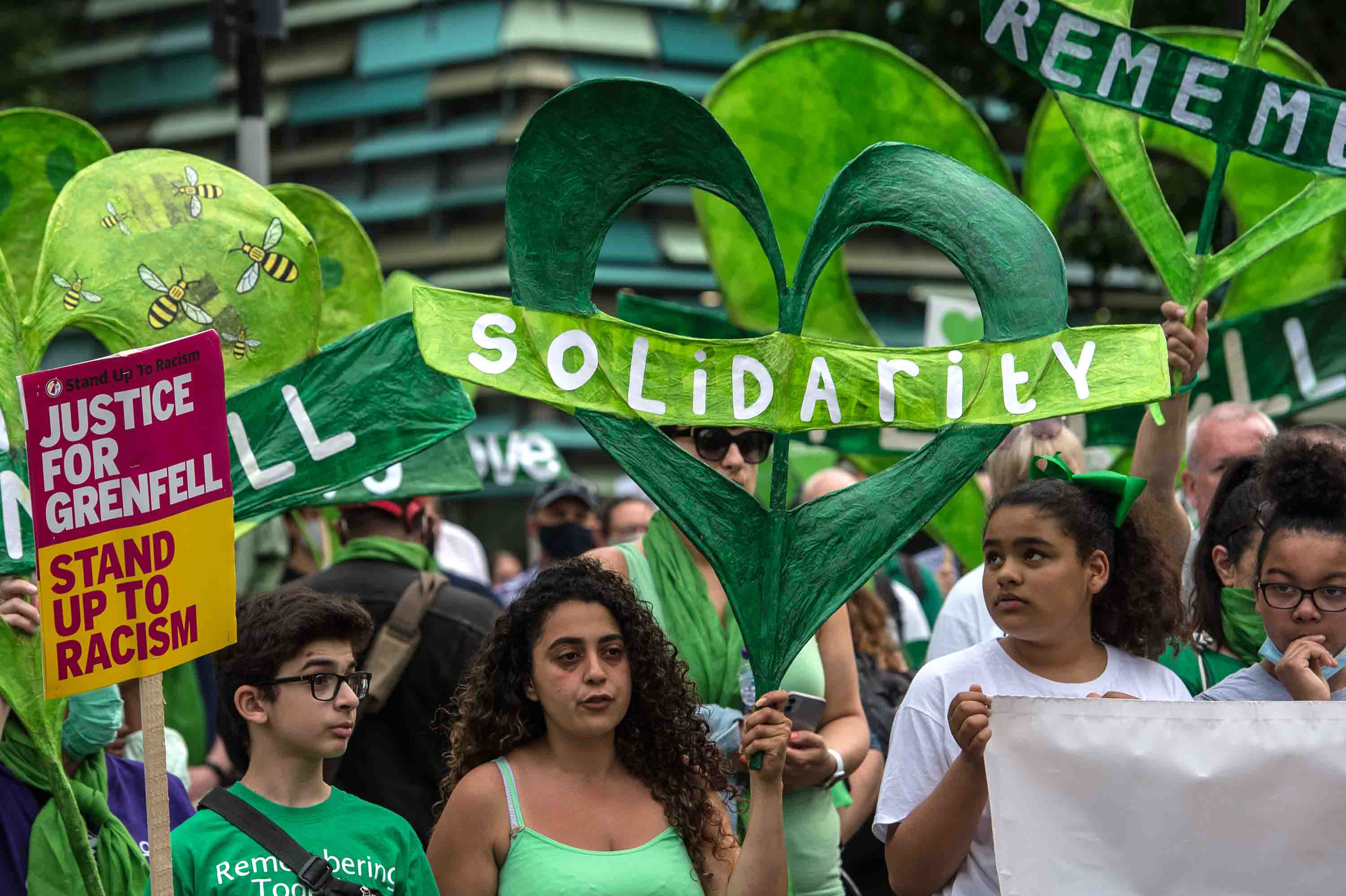 Government accused of cladding fire risk ‘cover-ups’
Government accused of cladding fire risk ‘cover-ups’In Depth Lawyer tells Grenfell inquiry that officials ‘shut down’ investigations in ‘grotesque abdication of responsibility’
-
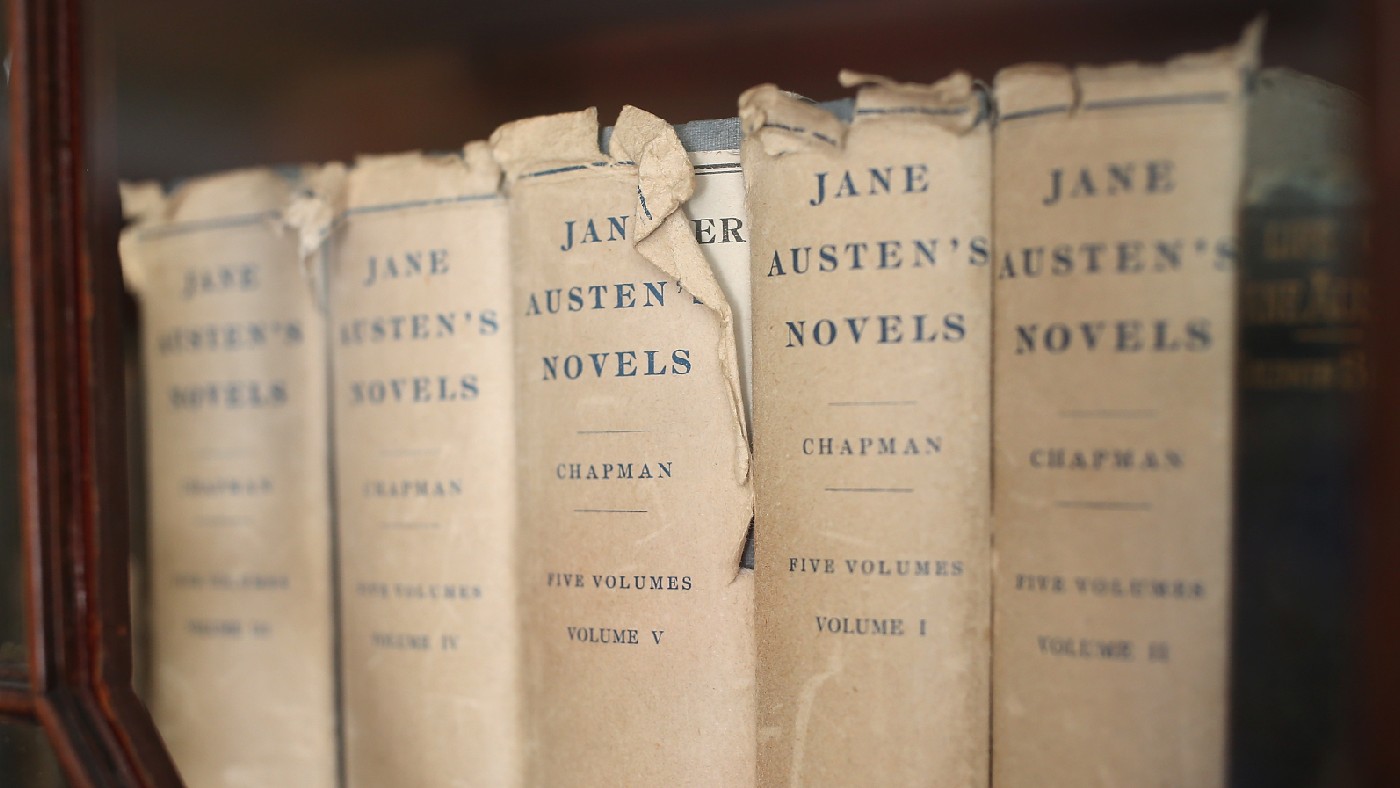 ‘The fight against far-right extremism doesn’t start with classics written in a past society’
‘The fight against far-right extremism doesn’t start with classics written in a past society’Instant Opinion Your digest of analysis and commentary from the British and international press
-
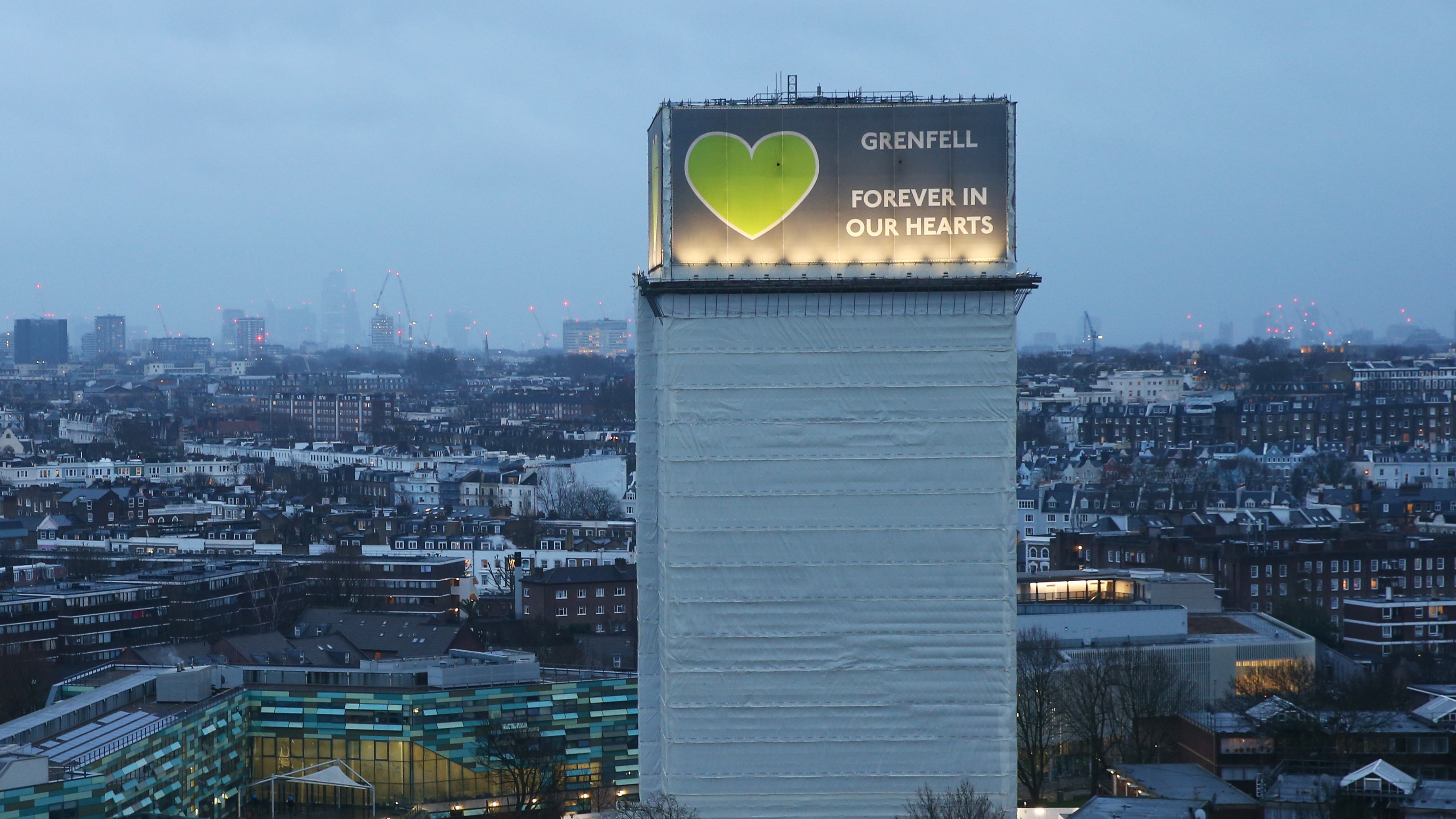 ‘The path to Grenfell was there in plain sight’
‘The path to Grenfell was there in plain sight’Instant Opinion Your digest of analysis and commentary from the British and international press
-
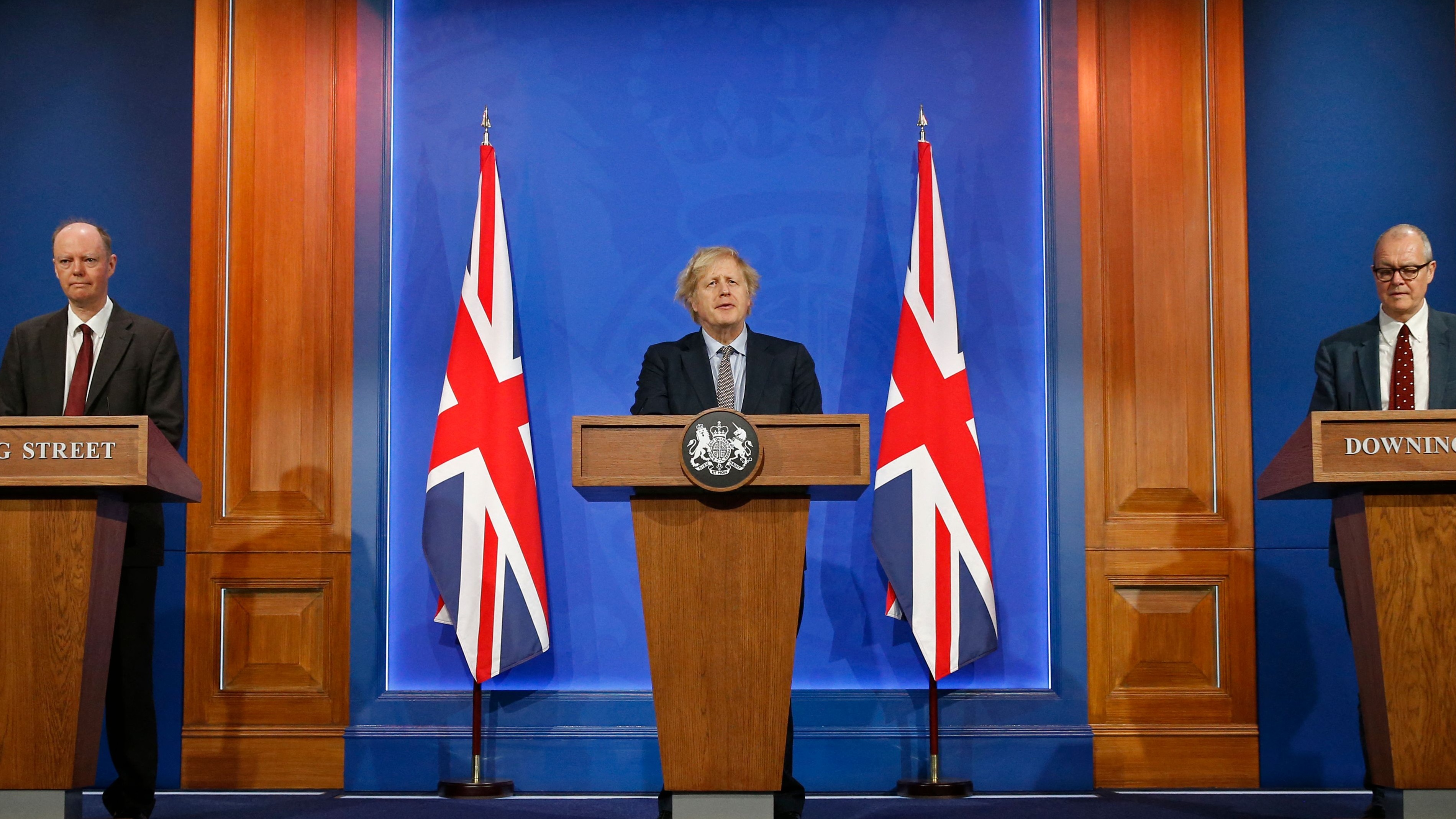 ‘Even Laurence Llewelyn-Bowen would blush at Johnson’s new press room’
‘Even Laurence Llewelyn-Bowen would blush at Johnson’s new press room’Instant Opinion Your digest of analysis and commentary from the British and international press